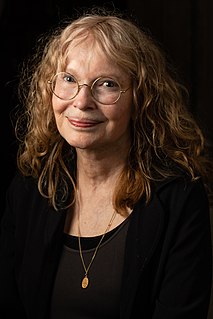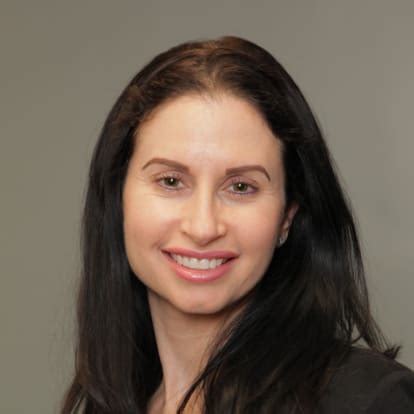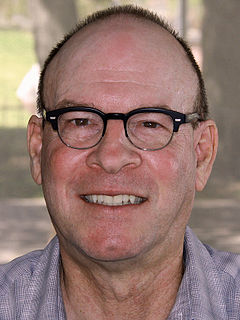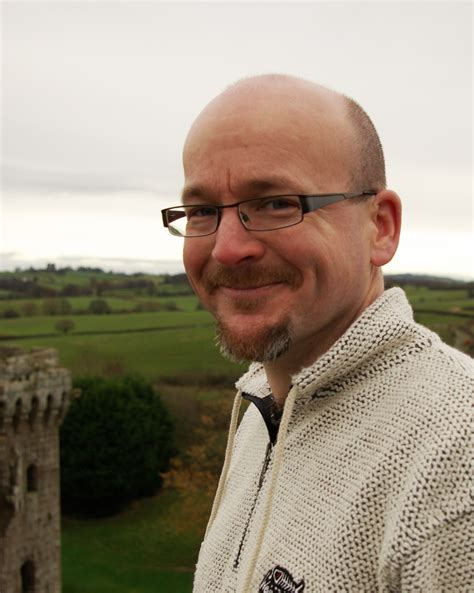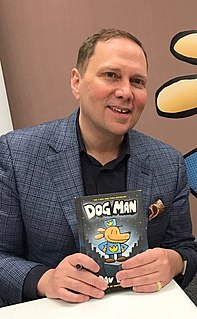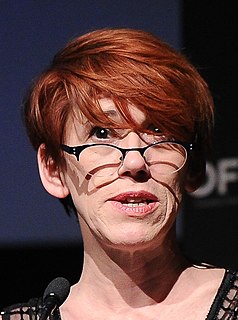A Quote by Mia Farrow
My father always told me I should be a writer, and I found I loved writing my autobiography; writing is such an interesting process.
Related Quotes
I didn't really think I would be a musician. I always thought I'd be a writer. I wanted to be a writer in college, but I thought I could be a better musician. I loved the process of writing music and lyrics more than I loved the process of sitting at my computer and writing. Because of that, I thought I would be a better musician than a writer.
The process of writing fiction is totally unconscious. It comes from what you are learning, as you live, from within. For me, all writing is a process of discovery. We are looking for the meaning of life. No matter where you are, there are conflicts and dramas everywhere. It is the process of what it means to be a human being; how you react and are reacted upon, these inward and outer pressures. If you are writing with a direct cause in mind, you are writing propaganda. It's fatal for a fiction writer.
Perhaps if there is anything remotely interesting about my writing style, it is this: more often than not I have no idea what the story is going to be about. Sometimes I have a fuzzy vision, or a glimpse of one scene, or a character. But mostly all I have is a random first sentence, and I follow it to see where it might go. For me, writing is the process of discovery, of gradually figuring out what happens in the story and how it ends, that makes writing an interesting process for me.
I haven’t had trouble with writer’s block. I think it’s because my process involves writing very badly. My first drafts are filled with lurching, clichéd writing, outright flailing around. Writing that doesn’t have a good voice or any voice. But then there will be good moments. It seems writer’s block is often a dislike of writing badly and waiting for writing better to happen.
It wasn't a case of me sitting down and thinking, right then, what shall I do with my life? Airline pilot? Plumber? Guitar manufacturer? Writer .... yeah, writer. I've always loved writing, from a very early age--I guess I was writing my first stories when I was still in single digits. It progressed, and the love of writing grew in my mind and is still growing. Doing it full-time, there are different stresses and tensions, and the business side of it comes to the fore sometimes. But I still love it, and I'm always thankful that I can do what I do and make a living from it.
I guess the wildcard here is Terrence Malick. He supervised me while I was writing the script for Beautiful Country, and he is a genius, although not always easy to follow. What I learned from him is that the narrative can be tracked through all kinds of scenes, that the strong narrative thread is not always the one that is most obvious. Creating narrative with Malick was a bit like chasing a butterfly through a jungle. This approach to narrative is fun and complicated, something that makes the process of writing constantly interesting to this writer.
Autobiography is not important. Authenticity is important. The writer must fire herself through the text, be the molten stuff that welds together disparate elements. I believe there is always exposure, vulnerability, in the writing process, which is not to say it is either confessional or memoir. Simply, it is real.
My father, Benjamin Shiller, told me not to believe in authorities or celebrities - that society tends to imagine them as superhuman. It's good advice. People are snowed by celebrities all the time. In academia people have this idea of achieving stardom - publishing in the best journals, being at the best university, writing on the hot topic everyone else is writing about. But that's what my father told me not to do. He taught me that you have to pursue things that sound right to you.
I have a process that I seem to always, to some degree, as a writer, adhere to, but I certainly have never imposed the way I write a novel on my students. When I had students, I never said, "You should never start writing a novel until you have the last sentence." I never did that, and I wouldn't do it now, but people now seem so interested in the process [of writing fiction] that I have to constantly make it clear when I describe mine that I'm not being prescriptive. I'm not proselytizing.
